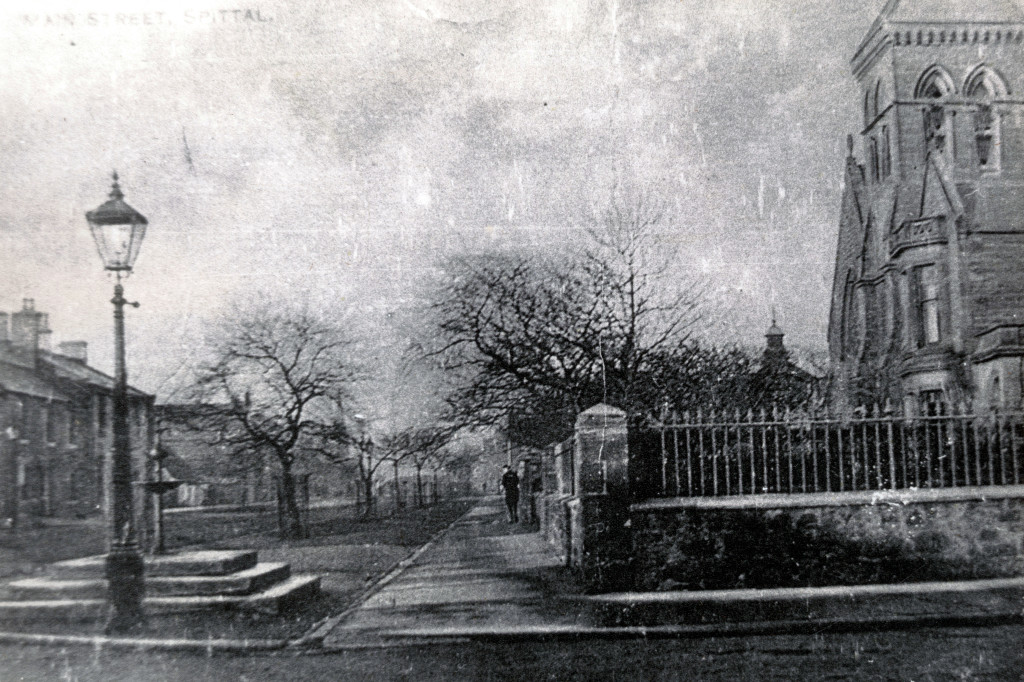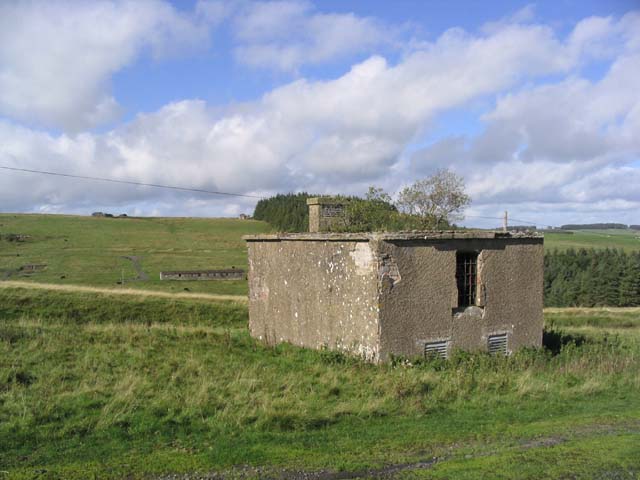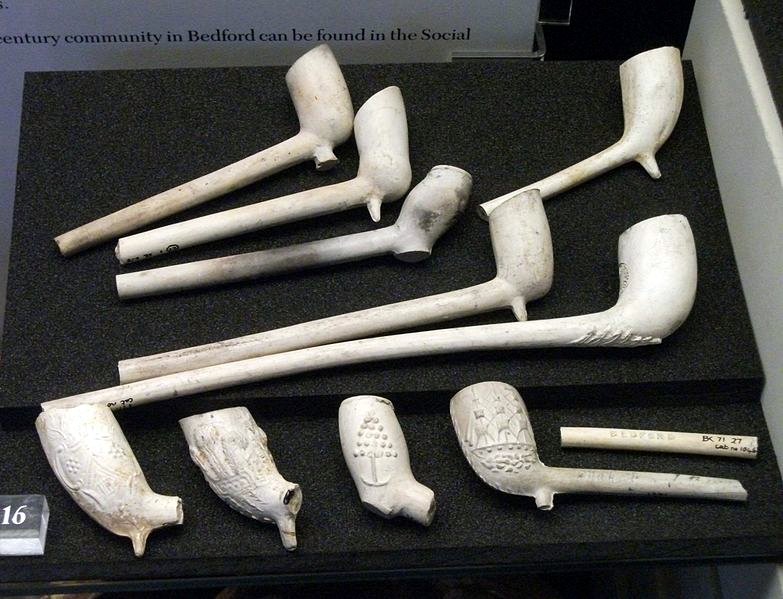JUBILEE OF THE BORDER UNION LODGE OF GOOD TEMPLARS
Although drastic changes in licensing are more likely today than have been at any time during the last fifty years, the Good Templars are not nearly so enthusiastic as they were in the eighties and nineties. Partly this is due to the fact that the Temperance movement has made good, and the general public is much more abstentions than in the early Blue ribbon days. The old stalwarts, it is complained, are dying out, and the young ones are not coming on. Still it was only a small gathering that met to celebrate the jubilee of the Border Union Lodge in the Good Templars’ Hall Berwick, on Thursday night. The Mayor was in the chair, and supporting him were the Mayoress, Mr R Taylor (District Chief Templar), Alderman Boston (Spittal), Mr G Piercy, and the Rev. Moffat Gillon, Edinburgh, Grand Chaplain of the Order.

The company sat down to tea at 6.30, and after had been disposed of, “Rescue the Perishing” was sung, and then the Mayor rose to speak. He congratulated the Lodge on attaining its jubilee, on the good work it had during its existence in spite of ups and downs. They were ment that night to carry on the good work which had begun in the town fifty years ago. He was glad to know that the Board of Education was helping them by making provision for temperance education. The Board was making known the act that drinking of beer, wine, and spirits tended to weaken the muscles of the heart, and had a weakening effect on the body generally. It was a step in the right direction to show that alcohol was not normally necessary for the upbringing and health of human beings. Last year they spent £479,000,000 on strong drink- over a million pounds a day. Could any country be expected to prosper while it did that? The number of days’ work in the year that was lost through drink, said Sir G. B. Hunter, was appalling, and it tended to cripple all trades. Drink was answerable for three-quarters of the crime of the country. It was answerable for one half of the pauperism of the country, and drink was answerable for one-fourth part of lunacy in the country. This sum of £479,000,000 was spent to produce crime, pauperism, and lunacy. The profits of the drink trade were not sufficient to pay for the upkeep of the prisons, the workhouses, and the asylums, which the trade made necessary.

It was their duty to do their utmost to bring about prohibition. It was 51 years since the Order was introduced into England, and they were glad to have with them that night one jubilee member- Alderman Boston, of Spittal-the oldest member of the Good Templar Order in Berwick today. They hoped he would be long spared to carry on the good work, with which he had been so long associated.
FIRE AT LAMBERTON THRESHING BIG QUANTITY OF GRAIN DESTROYED
On Wednesday afternoon a rather serious fire took place during threshing operations at Pit Houses, Lamberton, on a portion of the estate recently split up by the Board of Agriculture for Scotland for small holdings for ex Service men. The crops on the whole of the Lamberton estate were harvested and stacked by the Board of agriculture, and it was a portion of this harvest which was destroyed.
The fire was discovered at the dinner hour, one of the men employed at the threshing, observing a cloud of smoke rising from behind a stack of straw. He gave the alarm and the conflagration was at once tackled, but the straw being dry and a stiff breeze fanning the flames, the blaze had too good a hold to be put out. Hampered by the scarcity of water, practically nothing could be done to save the threshing. The mill caught fire and was practically reduced to scrap, but happily it was possible to save the engine, which was backed away from the blaze. On the field there was stacked the produce of 124 acres, and as far as can be gathered 101 bags of newly threshed grain were entirely destroyed. Several other bags were severely scorched, and about 59 bags of barley were saved.
How the fire originated has not been definitely established, but it is believed that a spark from the engine may have set up smouldering in the stack, which ultimately burst into flame. The damage, which has not yet been fully assessed, it considerable, but is covered by insurance.
The threshing mill belonged to Messrs Howey, of Reston, and it is fortunate for the owners that one of the men helping with the threshing was able to save the engine. Mr Howey’s men were at dinner at Lamberton farm when the fire broke out, but the engine had been backed clear of the fire before they reached the scene. The blaze fortunately did not reach the stack of roofing timber lying near or else this would have gone too. The timber was alone worth over £600. The fire was still smouldering on Saturday, but the burning heaps were isolated.
GOLDEN WEDDING
On Friday last Mr & Mrs Robert Ogilvie, Tower Road, Tweedmouth, celebrated their golden wedding. Both natives of the Fenham district, Mr Ogilvie was born at Greenside Mill, and his wife, Miss Elizabeth Ann Patrick, was born at Fenwick Granary. Married in 1871, they first lived at Mount Hooley, coming to Tweedmouth two years later. They have resided in Tweedmouth for 33 years in their present house. Mr Ogilvie, though having reached the advanced age of 76 years, still possess excellent health, and his wife, 71 years old, is also hale and hearty. The worthy couple have one son and four daughters. Mr Ogilvie is at present employed as a drainer with Mr Pearson, at West Sunnyside, and formerly worked on the N.E.R., finishing last year owing to having reached the age limit. He has been an active, energetic man all his life, and in his early years used to walk as far as five and six miles to his job, and later a heavy day’s work tramped home again. He has always been a keen football enthusiast, attending matches regularly in latter years as a spectator.





